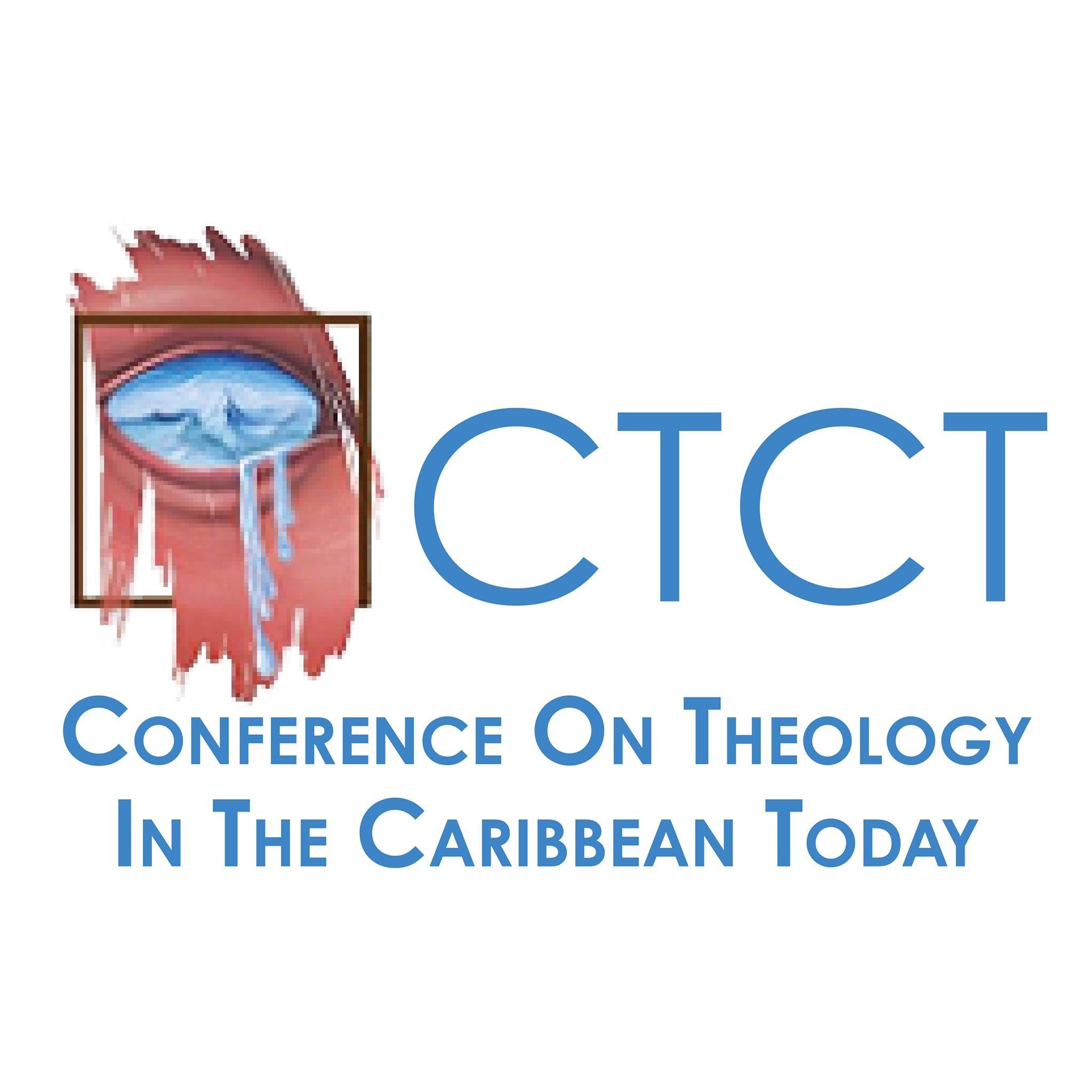Blog Detail
Blog Detail
The experience of COVID-19: Virtual Forum 1
Theological Reflections on the experience of COVID-19: Virtual Forum 1
Questioning the relevancy of priest and ministers in this current crisis, reflecting on the dangerous role fear plays in this pandemic, finding hope in a situation of hopelessness, learning to live in the now, embracing one’s vulnerability, hailing the rise of the domestic church, searching for a spirituality to endure crises, adopting a missionary spirit and not returning to a clerical church were among some of the reflections shared by the four main presenters at the CTCT’s first ever held Virtual Forum, “Theological Reflections on COVID-19”.
The Forum was held on April 16 and comprised thirty-five member-participants including the four presenters. Each of the presenters highlighted a different aspect of the unique experience of the pandemic: Fr Esteban Kross, Vicar General of the diocese of Paramaribo, Suriname shared on his experience of being forced into quarantine during the historic lockdown of the Holy City. Sr. Julie M. Peters, Assistant Superior General of the Sisters of the Sorrowful Mother, offered a bird’s eye view of reality from being in Rome, Italy, the first major epicentre of the virus in the West, Gloria Bertrand, retired housewife, married for sixty-five years shared from the perspective of the elderly, a group hailed as most vulnerable during this pandemic and Bishop Clyde Harvey, of the diocese of St. George’s Grenada pondered on the pastoral impact of the pandemic in the Caribbean space.
Lockdown of the Holy Land: ‘Doctors and nurses…more relevant than priests and ministers?’
Kross concluded his presentation with a stated desire: a listening Church that pays attention, resolves not to go back to the way things were, ponders deeply and acts. What preceded such conclusive remarks was a profound reflection on Kross’ pilgrimage-experience with 45 Surinamese and 3 Dutch pilgrims to the Holy Land which ended abruptly, a mere twenty hours into the trip. The group was forced into quarantine with the historic lockdown of the Holy Land, a feat not even accomplished with years of intense fighting between rival forces.
Kross recounted his own felt vulnerability as a priest called upon to lead and appear in control amidst his own deep-down fears and terrible uncertainty being subject to the mercy of foreign authorities who were making drastic decisions to protect their own population at the expense of visitors. Kross retold a situation of widespread panic that had erupted in Bethlehem following the first appearances of the deadly virus, noting the poisonous combination of fear, panic and blaming others that had ensued posing a serious threat to the safety of the group who had to be put under military guard. This experience led him to observe the global disintegration and lack of cohesion that were natural outcomes of panic. Yet even amidst these challenges, Kross also recounted the solidarity that quickly spread among the group who ate, prayed, mourned, reflected and searched for meaning together. Fundamental questions were raised throughout this unique experience for Kross, who admitted to being confronted by a reality in which doctors and nurses were seen as far more relevant than priests and ministers.
Lessons learnt outside the classroom: A walk in the footsteps of Sr. Julie Peters
For Sr. Julie, life in Rome in the midst of the COVID-19 crisis is a life in lessons learnt. What started off as a crisis located in Northern Italy quickly spread, until the whole of Italy, fell victim to the deadly effects of the COVID-19 virus, evidenced by the second largest death toll in the world of over 20,000 (to date). Against this backdrop, Sr. Julie took us through a deeply personal journey unfolding through her journal entries which she dated from March 29. Her sharings ventilated through reflections on biblical texts, liturgical experiences and everyday realities. Shaped in the form of questions and aided by important liturgical metaphors such as the Easter tomb-stone, Sr. Julie raised concerns which emerged in the following ways: “What are the stones we need to roll away from our lives, the life of the Church, the life of the world?’ “What entombs me, the Church, the society in which I live?” “What steps do we need to take to get out of our tombs?”
Refusing to offer affirmative statements, she raised questions to respond to other questions. To the question of whether persons will return to Church after such a prolonged absence, Sr. Julie asked if this was even an appropriate question. Instead, she put forward Pope Francis’ papal vision of a missionary church working to ensure that no-one is left behind in dealings surrounding COVID-19 as a model response. Sr. Julie highlighted Pope Francis’ most recent efforts of encouraging collaboration among Vatican committees, global charity organisations and pharmacies to direct attention toward local churches and the most vulnerable in our societies including prisoners. This stood for her as a sure sign of hope. She spoke of her intention to supplement this hope through a re-reading of Pope Francis’ Apostolic Letter Evangelii Gaudium, the Gospel of Joy, encouraging others particularly those in positions of authority, to do the same as a means of offering an immediate response to the present problems.
Living in the land of my captivity
In the situation of the current pandemic, many have been asked to stay away from the elderly who have been labelled as most vulnerable to the deadly effects of COVID-19. Yet it is precisely this vulnerability that Gloria Bertrand, retired housewife turned caregiver to her husband Harold, embraces and encourages. ‘Being vulnerable is a good posture to have…it allows you to be softened. It shows you how to receive, be pliable…” She did warn that it was up to us however to embrace or reject this reality. Bertrand shared how her years of being primary caregiver to her husband, a situation thrust upon her when her husband suddenly fell and became somewhat paralysed had prepared her for this time of quarantine, social distancing and overall health vulnerabilities.
She shared how she found new skills to help her manage her personal life crisis which included making immediate drastic changes, assessing what would no longer work, focusing on basic needs, thinking about financial implications, listening to those with more knowledge, including her own children at times. She learnt how to live in the moment and showed how faith was needed to take you through difficult, frightening times. As she reflected on the closure of the Church, she highlighted how similar the experience was to what she had been going through since her husband’s illness, being shut-in and unable to continue going to Mass. Her faith was sustained by returning to the marriage vows she made as a young woman, to familiar habits that had helped cultivate her faith over the years such as lectio divina and incorporating other daily simple practices that brought her joy, such as gardening and crocheting.
The global lockdown was for Gloria a way to see things as they had already been existing in the world for some time now. Yet Gloria maintained that being shut-in did not mean living without hope. Rather, she used the biblical experience of Israel living in the land of one’s captivity to suggest a way to live during this time. She ended by calling on the Church to accept that the domestic church was its future and to take pattern from how families get by through difficulties to guide the post-COVID 19 Church.
“I will resettle you on your own land” (Ez. 36): COVID 19 and the Pastorale
‘We do not know’ is the response Bishop Clyde Harvey highlighted as the most common one to important questions being raised in the wake of the pandemic. This pointed to a double dimension of the experience: its universality and its mystery. All of humanity is being taken through a walk in ignorance and mystery, stated Harvey. It is precisely within that tension that important urgent decisions are being taken. That tension was uncovering an even deeper one of God’s presence-absence during this time, a reality more starkly revealed with the closure of churches. For Harvey, the present situation of empty churches was making clear what had been happening in the Caribbean Church for some time now. ‘Because we’ve had enough people present, we were able to shut out the many who are absent”. Harvey further lamented the absence of a spirituality to assist with dealing with crises in the Caribbean. That spirituality lacked the essence of a missionary spirit. Too many times the faith response to crises is one of ‘Lord, save me’ as opposed to ‘Lord, send me’, chimed Harvey.
He attributed this lack to a strong clericalism at work in the Caribbean church which had failed to adequately prepare the faithful to make its way through crises. Other issues raised by Harvey included Caribbean unity and leadership. Harvey ended by urging that the way forward was a poor Church standing with the poor, able to discern our gifts and what we have and seek to build around that. In a tone of foreboding Harvey warned that: ‘we cannot take it for granted that the Church will change’.
